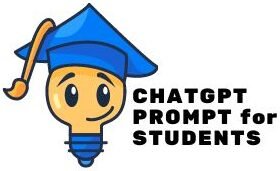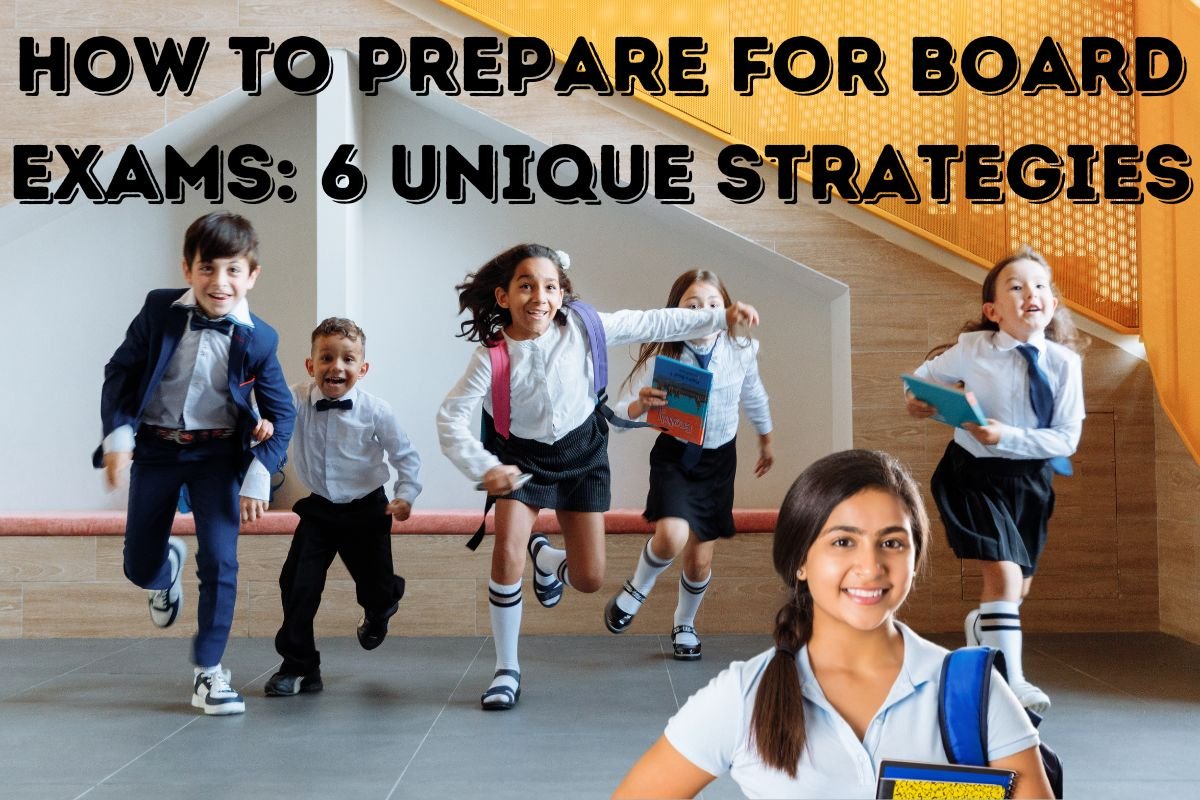Student: “Hey, teacher, can you help me with something?”
Teacher: “Of course! What’s on your mind?”
Student: “Well, you know, the board exams are coming up, and I’m feeling a bit overwhelmed. I don’t know where to start or how to prepare effectively.”
Teacher: “Ah, I understand. Don’t worry; I’ve got you covered. Let’s break it down step by step.”
Board Exam Preparation: 6 Effective Strategies
Dear Brothers and Sisters, these strategies shall work only for those who complete learning properly. If you don’t do that, then do it first.
On this website,
- You can explore effective ChatGPT prompts for Classes I-V children and Parents. Make ChatGPT your best friend to skyrocket your learning journey and break ‘education traps’.
- Discover effective ChatGPT prompts for Classes 6-12 students and say bye to expensive coaching centres and tutors.
“Self-Study and Self-Confidence” are key to SUCCESS.
Step 1. Understand the syllabus:
First things first, it’s crucial to have a clear understanding of the syllabus. Take some time to go through each subject’s syllabus thoroughly. Knowing what topics are included will help you plan your study schedule more effectively.
Step 2. Go Through the Previous Year’s Questions (PYQs):
Previous year’s questions are like gold dust when it comes to exam preparation. Gather at least five years’ worth of question papers for each subject. Then, organize them chapter-wise. This will give you insight into the recurring topics and the exam pattern.
Step 3. Revise Your Notes, Examples, and Exercises:
Remember those notes you diligently took in class? Now’s the time to revisit them. Go through each chapter carefully, revising the concepts, examples, and exercises. Make sure to mark the answers to the PYQs related to each chapter for quick reference.
Step 4. Write the Answers of PYQs:
Writing down the answers to the PYQs serves two purposes. Firstly, it reinforces your understanding of the concepts. Secondly, it helps you practice writing answers within the time constraints of the exam.
Get answers or solve unknown questions using Chatbots. I shared 6 ChatGPT prompts after step 6 to help you.
Please repeat steps 2 to 4 for each chapter of each subject.
Step 5. Practice. Practice. Practice:
There’s no substitute for practice. Set aside dedicated time every day for practice sessions. Solve problems, answer questions, and simulate exam conditions as closely as possible. The more you practice, the more confident you’ll feel on exam day.
6. Create, Solve, and Evaluate Exam Papers:
As the final step, create your own exam papers using a mix of PYQs, examples, and exercises. You can generate exam papers on quarter/half/full syllabus that’s your choice.
Set a timer and attempt to solve them under exam conditions. Don’t hesitate to seek help from your parents, siblings, or even ChatGPT for setting and evaluation papers.
Remember, honesty is the best policy.
Effective ChatGPT Prompts for School Children
Following are the basic chat prompts for school students. You can modify each prompt by writing the specific question pattern(no of MCQs, VSA, SA, Subjective, Numerical, word limits and marks) chapters and topics. Please don’t forget to mention your grade or class.
Disclaimer: ChatGPT can make mistakes. Check important info.
Mathematics:
- “Generate a set of 10 algebra questions for a mock exam paper. Include problems on quadratic equations, linear equations, and functions.”
- “Create 5 geometry questions suitable for a mock exam paper. Focus on topics like triangles, circles, and geometric proofs.”
Science (Physics, Chemistry, Biology):
- “Develop 8 chemistry questions for a mock exam paper. Cover topics such as chemical reactions, acids and bases, and atomic structure.”
- “Design 6 biology questions for a mock exam paper. Include topics like cell biology, photosynthesis, and human physiology.”
Languages (English, French, Spanish, etc.):
- “Compose 10 English literature questions for a mock exam paper based on a specific novel or play studied in class. Include questions on themes, characters, and literary techniques.”
- “Prepare 5 French grammar and comprehension questions suitable for a mock exam paper. Cover verb conjugations, vocabulary, and reading comprehension.”
History and Social Studies:
- “Write 8 history questions for a mock exam paper focusing on topics such as World War II, the Renaissance, and the Industrial Revolution. Include both short answer and essay-type questions.”
- “Develop 6 geography questions for a mock exam paper. Address topics like climate zones, economic geography, and global issues.”
General Study Skills:
- “Create 5 study skills and techniques questions for a mock exam paper. Cover topics such as time management, effective note-taking, and strategies for reducing exam anxiety.”
- “Design 4 critical thinking questions suitable for a mock exam paper. Include scenarios that require logical reasoning, data interpretation, and problem-solving skills.”
Revision and Exam Techniques:
- “Generate 6 exam technique questions for a mock exam paper. Include questions on exam preparation strategies, maintaining focus during exams, and managing time effectively.”
- “Prepare 4 revision methods questions for a mock exam paper. Focus on effective memorization techniques, creating study schedules, and the importance of practising past papers.”
Conclusion:
Preparing for board exams can seem like a daunting task, but with the right strategies in place, you can tackle it with confidence. By understanding the syllabus, revising thoroughly, practising consistently, and creating your exam papers, you’ll be well-prepared to ace your exams. Remember, it’s not just about studying hard; it’s about studying smart.
Dear Parents and Students, I understand you must have doubts regarding the use of AI tools.
Here I discuss a few to clear your doubts.
Let’s discuss some more FAQs!
People Also Asked Questions
1. How many hours should I study for board exams?
There’s no one-size-fits-all answer to this question. It’s essential to find a study routine that works for you. However, aim for a minimum of 6-8 hours of focused study each day, with regular breaks to avoid burnout.
2. Is it necessary to solve the previous year’s questions for board exams?
Absolutely! Previous year’s questions give you valuable insight into the exam pattern and the types of questions that are likely to be asked. They’re an essential part of any effective study strategy.
3. How can I manage exam stress during board exams?
Exam stress is normal, but it’s essential to manage it effectively. Practice relaxation techniques such as deep breathing, meditation, or exercise. Make sure to get plenty of sleep and eat healthily. And remember, it’s okay to take breaks and ask for support from friends, family, or teachers.





